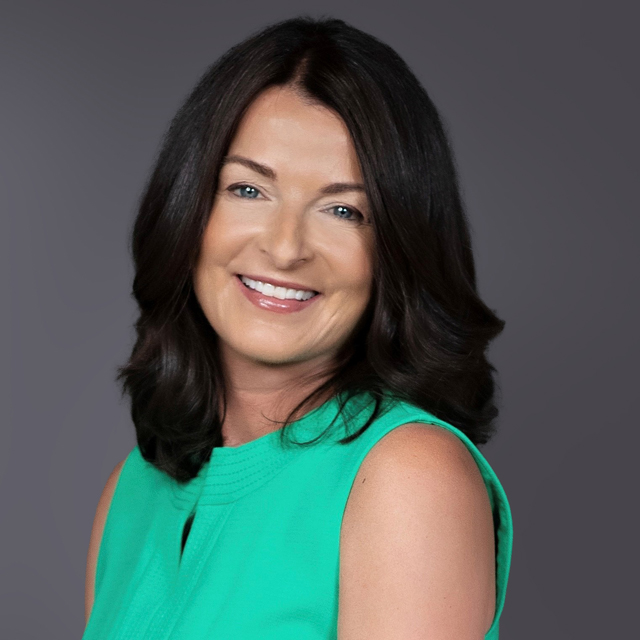
<!–>
Soundmark Wealth Management, [which has] more than $450 million in AUM and [is] in the Pacific Northwest. For years, our value proposition has resonated in that region.
–> <!–>
We very quickly saw there was a culture fit with Soundmark.
–> <!–>
The founders were considering its succession plan and looking for an opportunity to get support with administrative and back-office work, including compliance, so their team could focus more on client service and growing the firm.
–>
Why is the Pacific Northwest such a good fit for you?
It’s because of the [wealth management] clients and the variety of workplace business relationships we have there.
That brings me to our internal lead flow.
<!–>
Tell me about it.
–> <!–>
On the workplace side, we provide managed account solutions within 401(k) plans. This is where we get our internal lead flow: people with 401(k)s who are clients of ours.
–> <!–>
It could be a kid just out of school who’s started to contribute to their 401(k). [That means] there’s a lot of opportunity for us to help them with their other financial needs also.
–> <!–>
This is where we really bring together the legacy of Edelman Financial Services with our workplace business so that there’s internal lead flow: people who are already clients of ours through their 401(k)s [coming] to our planners.
–> <!–>
So the internal lead flow capability came about through the merger of Edelman and Financial Engines?
–> <!–>
Yes. That’s one of the many benefits we now have, as well as our external lead flow.
–> <!–>
Our highly differentiated workplace referral channel [begins with] the relationships we have with existing clients who want to expand into the wealth management side.
–> <!–>
Years ago, in an interview, Ric Edelman told me that the firm’s planners needn’t prospect, that they were more or less handed the clients, and that all the planners used the same approach to financial planning. Still true?
–> <!–>
Yes. We’re looking for those teams that are financial planning first. The lead [approach] that Ric was telling you about continues: We provide leads to our planners.
–> <!–>
You’re a national firm. In what states are you most interested in acquiring practices?
–> <!–>
In the last couple of years, we’ve focused on California, Massachusetts and Washington state.
–> <!–>
And it also comes down to finding the right cultural fit and firms that can bring in new resources and capabilities.
–> <!–>
For example, we started doing more tax planning when we made our first acquisition back in 2021 with Viridian Advisors. They had a tax practice, and that was when we started to lean more into tax planning.
–> <!–>
Why have you focused even more on tax planning lately?
–> <!–>
Those decisions are such an important part of the planning process. Taxes always were a key component, but our research has reinforced that.
–> <!–>
In the past, our clients might have gone to different places for tax planning. So we really want to be able to help [all of] them more by having those experts in-house.
–> <!–>
How does doing tax planning ultimately affect Edelman planners?
–> <!–>
Tax planning and Social Security needs are part of the modern wealth planning experience. That work reinforces the relationship.
–>
The post At Edelman, M&A Is a ‘Cultural Alignment,’ Not a ‘Conveyor Belt’ appeared first on Insurable Interest Canadian Insurance Blog.


